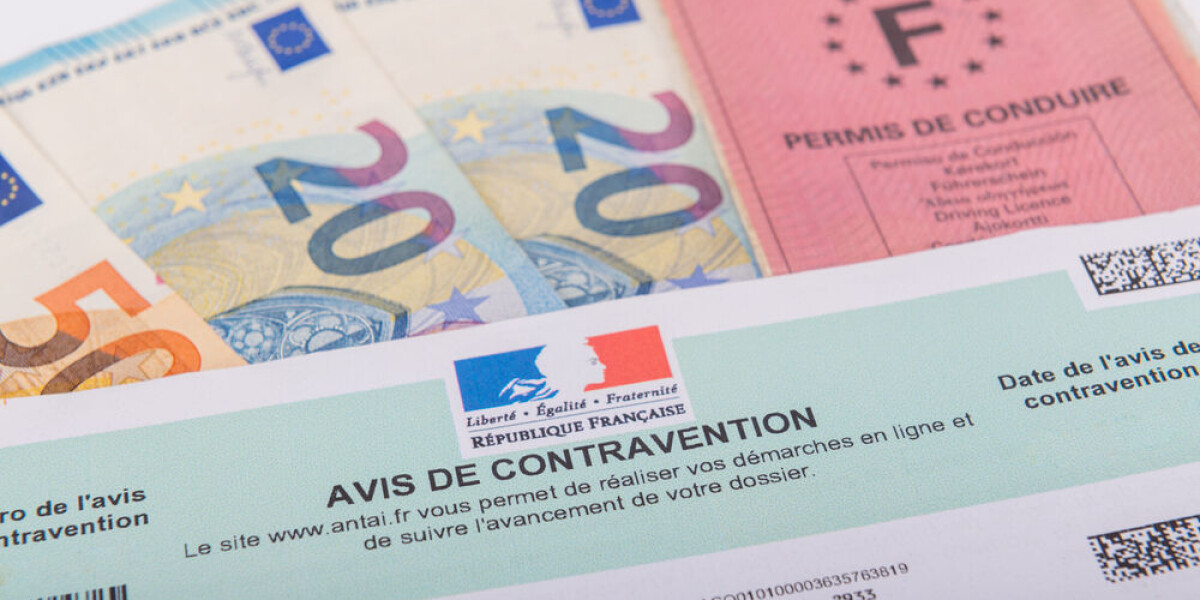
How long does it take for a traffic fine to arrive in france and is there a limit?
- Select a language for the TTS:
- UK English Female
- UK English Male
- US English Female
- US English Male
- Australian Female
- Australian Male
- Language selected: (auto detect) - EN
Play all audios:

DOES A SPEED OR TRAFFIC FINE EXPIRE IF IT ARRIVES VERY LATE? CAN YOU CONTEST IT? WE EXPLAIN A traffic fine in France typically takes five to 15 days after the offence to arrive at your
address, but sometimes this delay can extend to several months. For offences such as speeding, running a red light, using your phone while driving or parking in a dangerous place, you should
receive a ticket in the post. However, the timing of this can vary depending on the offence, and/or the type of speed camera that caught you. IS THERE A TIME LIMIT ON RECEIVING FINES? Yes.
The fine will no longer apply if you receive it more than a year after the offence was committed. However, any fines received at your address before then, even if just under 12 months, still
apply. “A ticket expires after one year. This means that you can no longer be prosecuted and will not have to pay a fine,” explains the Service Public website. Read more: French speed
radars: can you check if you have a fine online in case missed in post? WHAT IF THE FINE IS VERY LATE AND CIRCUMSTANCES HAVE CHANGED? Some people have previously tried to contest a fine -
particularly for speeding - if they received the letter several months after the offence was committed, and there is another perceived mitigating factor, such as the speed camera in question
no longer being operational. However, even if the speed camera is no longer active, this does not change the validity of the fine or your need to pay it. HOW CAN I CONTEST A FINE? To cancel
a fine, you must prove - by consulting the photos of the offence and providing a solid alibi - that you were not involved. In some circumstances, you can also overturn fines by proving that
there has been a procedural error, and/or that your vehicle identification was not carried out properly. Read also: Is it necessary to pay a French driving fine before contesting it? Read
more: Number of wrongly issued parking fines rising in France: how to appeal It comes after a driver in Haute-Garonne (Occitanie) won his appeal against a speeding fine earlier this month,
as the fine was dated for the day before he had even been on the road. Photos showed his car on the road, but the letter issued with the fine said the man had committed an infraction in the
morning, one day before. In reality, the man had been on the road in the afternoon, one day later. The speed camera was found to be malfunctioning, and the fine was eventually cancelled.
Read more: Driver wins French speeding appeal due to radar day and time error SHOULD I PAY THE FINE FIRST? In most cases, you should not pay the fine if you wish to contest it. Article
L223-1 of France’s Highway Code states that “The reality of an offence resulting in the loss of points is established by the payment of a fixed fine.” This means that by paying the fine you
are given, you implicitly accept it. Therefore, you should contest the fine without paying. This can be done in one of three ways: via a registered letter (enclosing the original notice of
the fixed fine), a letter addressed to the public prosecutor (the address of which is found on the fine), or via the ANTAI website (through the désignation ou contestation section).
Information on how to contest the fine can be found on the document you receive (either police notice or letter via post), and you will need this original notice, as well as copies of your
ID and carte grise (certificat d’immatriculation) to contest it. Note however, that in some cases, you need to pay a deposit (consignation) to challenge a fine.
